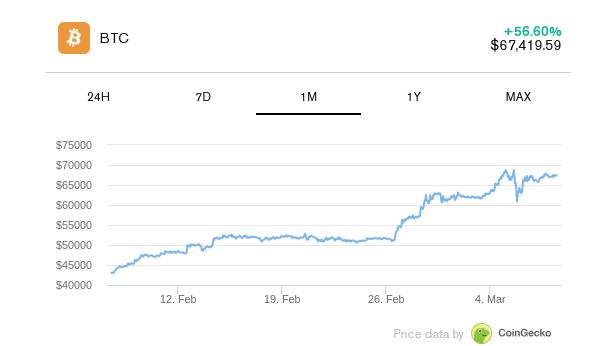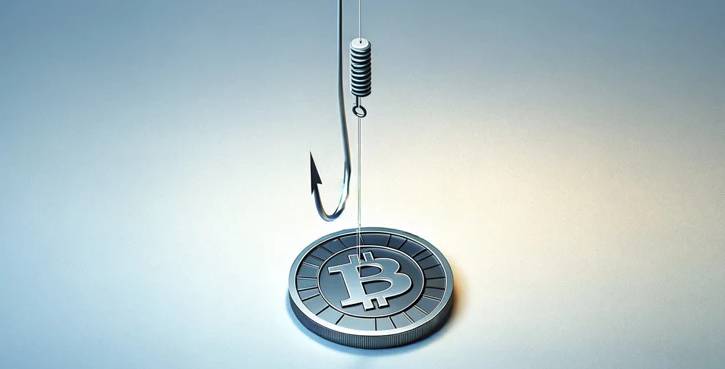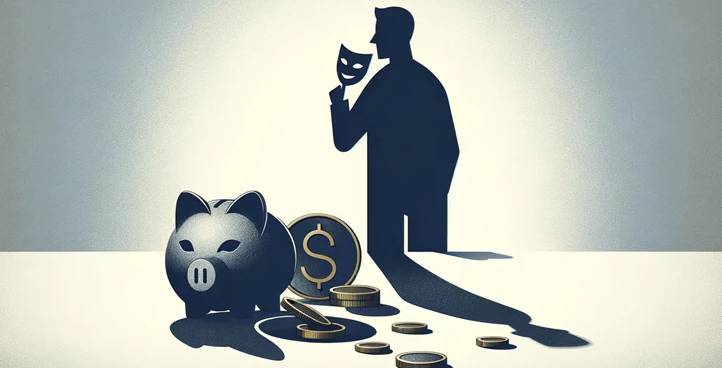
Could Bitcoin’s recent surge concern the Fed?
Bitcoin’s recent positive swings, along with surging tech stocks, may dissuade the Federal Reserve from decreasing interest rates, according to a JPMorgan analyst.
As the price of Bitcoin reaches new highs, the optimistic stats aren’t good for everyone—and might indicate a bubble that worries the Fed.
That is according to JPMorgan Chase & Co.’s chief market analyst Marko Kolanovic, who allegedly said in a research note that the spike in the largest digital asset and associated assets may prevent the Federal Reserve from relaxing monetary policy as quickly as predicted.
Kolanovic referenced Bitcoin’s rise beyond $60,000, saying it “may keep monetary policy higher for longer, as premature rate cutting risks further inflating asset prices or causing another leg up in inflation.”
The global bank’s analyst said that the increase in tech stocks and Bitcoin is a sign of “froth” in the market, which might lead to a price recovery.
Patrick Felder, the founder and CIO of Prismatic Capital, was also thinking about market froth.
“I’m sure fed officials look at Bitcoin price action, but it’s just one of hundreds of things they look at,” Felder was quoted as saying by Decrypt. Bitcoin’s price has little influence on Fed policy, but it is an important data point for measuring market liquidity and froth.”
“Personally I think they still cut this year since it’s election year, but then probably hold it higher than anticipated in 2025,” he went on to say.
On Tuesday, Bitcoin temporarily reached a new all-time high on Coinbase, America’s largest cryptocurrency exchange.
It subsequently plunged sharply, but is still trading at $67,376, according to CoinGecko. That’s a 57% increase from the beginning of the year. The last time Bitcoin reached $69,000 per coin was in November 2021.
In 2022, the Fed began rapidly hiking interest rates in an effort to contain 40-year-high inflation. Stocks and cryptocurrency—both “risk assets”—were hit as investors fled to the dollar.
However, a boost in demand for technology has benefited the equity markets, as has cryptocurrency. Analysts anticipate the Fed to ease monetary policy and eventually lower interest rates, which might benefit the crypto market.

This, together with the immensely successful Bitcoin exchange-traded funds (ETFs), has driven the price of the digital asset market upward. And the every-four-year Bitcoin halving is only a month away—a milestone that has historically preceded a new all-time high price.








